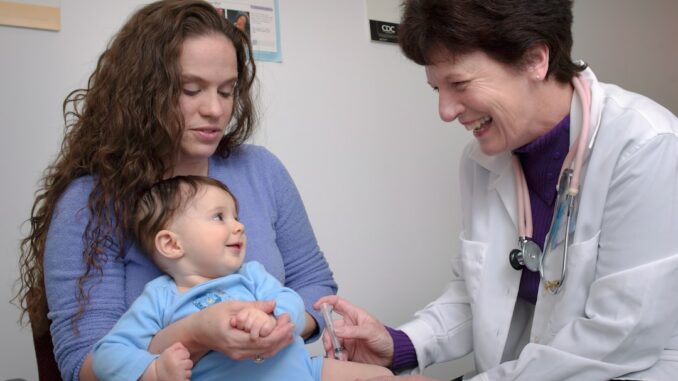
Summary
TRACK at Children’s Hospital Colorado offers a home-like environment for children with tracheostomies awaiting discharge. The program focuses on developmental milestones and simulating a normal life while addressing systemic barriers to home care. This innovative approach represents a significant advancement in pediatric respiratory care.
Reliability and uptime matter in healthcare TrueNAS provides 24/7 support when it counts.
** Main Story**
Breathing Easier: A Look at Pediatric Respiratory Care Innovations
Pediatric medicine is constantly evolving, and it’s truly inspiring to see the positive impact these advances have on children facing serious health challenges. One such advancement that’s caught my attention is the Transitional Respiratory and Airway Center for Kids (TRACK) program at Children’s Hospital Colorado. This program is tackling a critical need for kids with tracheostomies who require long-term respiratory support.
The Bridge to Home: Why Transitional Care Matters
Imagine a child who, after being on an endotracheal tube, finally gets a tracheostomy. It’s a huge step, right? Suddenly, they can breathe easier, even speak and eat without being constantly sedated. The goal, of course, is to get them home. But, well, it’s often not that simple.
Many obstacles can stand in the way of a smooth discharge. Socioeconomic factors can play a role. Nursing shortages are a real issue. And, let’s not forget the specialized equipment they’ll need at home. TRACK acts as that crucial bridge, a supportive space where families and medical staff can work together to overcome these challenges.
TRACK: More Than Just a Hospital Room
TRACK is really trying to be a ‘home away from home’ for these kids. They currently accommodate around seven children, from infants to young toddlers, housing them in special ‘neighborhoods’ within the hospital. I think its genius. The goal is to make things feel as normal as possible. Kids are encouraged to wear regular clothes, engage in activities that suit their age, and reach those all-important developmental milestones.
When my niece had a prolonged hospital stay, it was amazing to see how much the little things mattered – the familiar toys, the chance to play, even just wearing her favorite pajamas. It made a real difference in her spirits. I’m sure TRACK provides something similar.
Tackling Systemic Challenges
One of the things that really impresses me about TRACK is that they get it. They understand that a child’s medical stability is only one piece of the puzzle. Kids with tracheostomies require a whole support system. I mean, home nursing, specialized equipment, and caregiver training. TRACK’s team collaborates closely with families to line up these resources, ensuring a safe transition home. It’s that holistic approach that tackles the systemic barriers preventing timely discharge, ultimately improving outcomes for the children and their families.
Nurturing Development, Not Just Treating Illness
Of course, the medical stuff is paramount. But TRACK also recognizes the vital role of fostering development. By creating a more home-like atmosphere and encouraging daily routines, they are helping these children thrive during their hospital stay. It means play, interaction, learning – things to minimize the disruption to their development, and thats so important.
The Future of Transitional Care
TRACK represents a really significant step forward in pediatric respiratory care, and it’s inspiring to see. I mean, shouldn’t all kids be able to receive the kind of support they need to go home? That’s the goal, isn’t it? As the program grows, expanding access to these crucial services should be at the forefront. This approach, combining medical know-how with family-centered care, really has the power to transform the lives of children with complex respiratory needs. It’s February 25, 2025 as I’m writing this, so this information is current, though the field of medicine never stands still! Who knows what tomorrow will bring?


Be the first to comment